Sustainable fashion in Thailand: 5 brands you need to discover
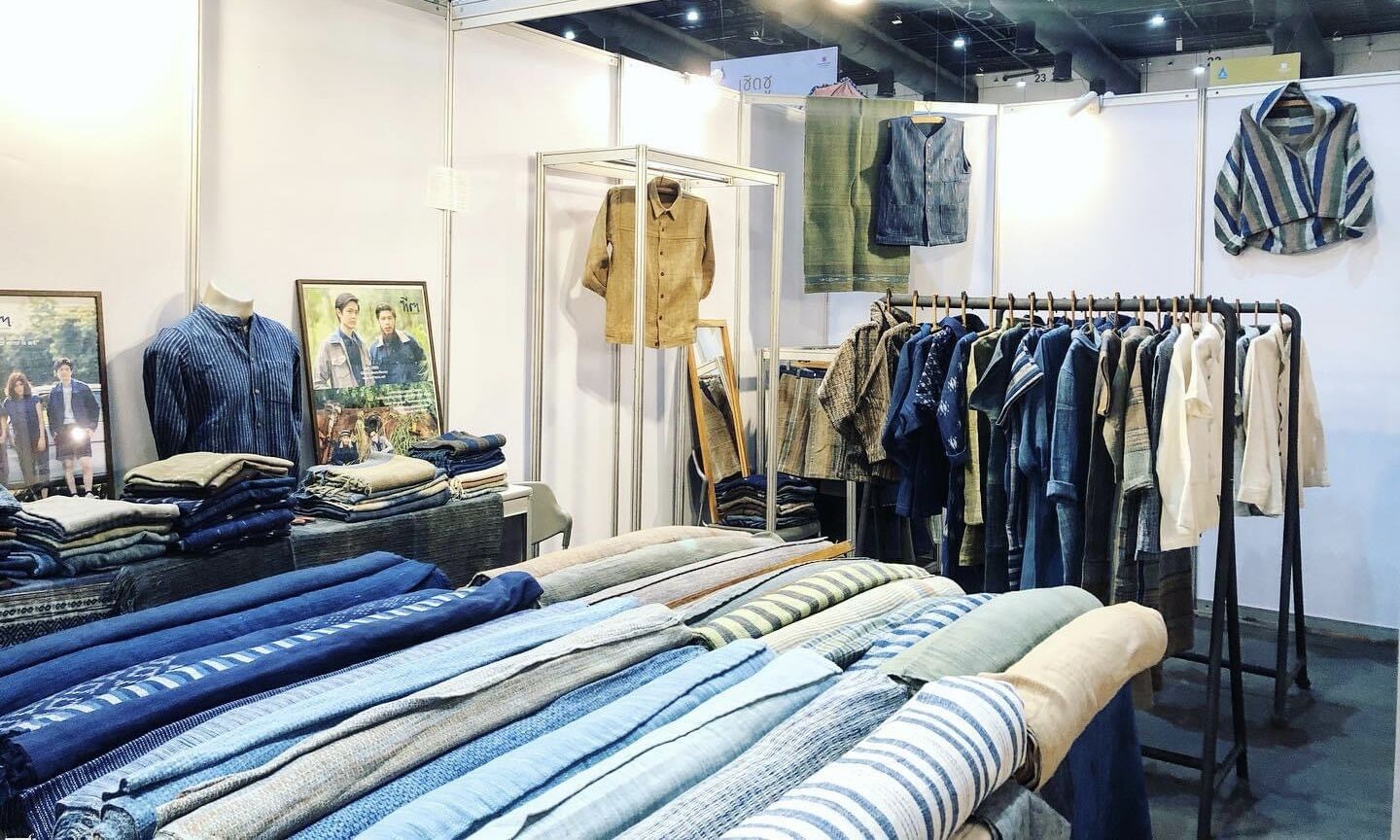
In recent years, sustainable fashion brands have gained significant traction because of growing global awareness regarding the environmental impact caused by the fashion industry. This has been the case in Thailand, where numerous sustainable fashion and clothing brands have emerged, utilising sustainability as a point of differentiation.
What is sustainable fashion? Sustainable fashion refers to clothing that is designed, manufactured, distributed, and used in ways that are environmentally and socio-economically sustainable.
There has been an increase in sensitivity and concern regarding fast fashion, due to the issues of waste generation and the excessive amount of water and energy used in production. As a consequence, many are turning away from popular fast-fashion brands and are looking for fresh wardrobe additions by supporting local, sustainable fashion brands. Amidst a sea of fashion companies that often prioritise profit, a group of brands in Thailand are dedicated to reducing their ecological footprint and preserving local communities, which will be introduced below.
5 inspiring sustainable fashion brands you can find in Thailand:
1) Mae Teeta
The brand pays tribute to the founders’ family matriarch, Mae Teeta, who reformed the age-old indigo dyeing practice in Thailand. Their merchandise is crafted from regionally sourced cotton and pigment-producing plants. In line with Mae Teeta’s commitment to supporting the local community and preserving Thailand’s local heritage, traditional Thai weavers handcraft all items. The product range comprises vests, polo shirts, jackets, skirts, blouses, and coloured textiles.
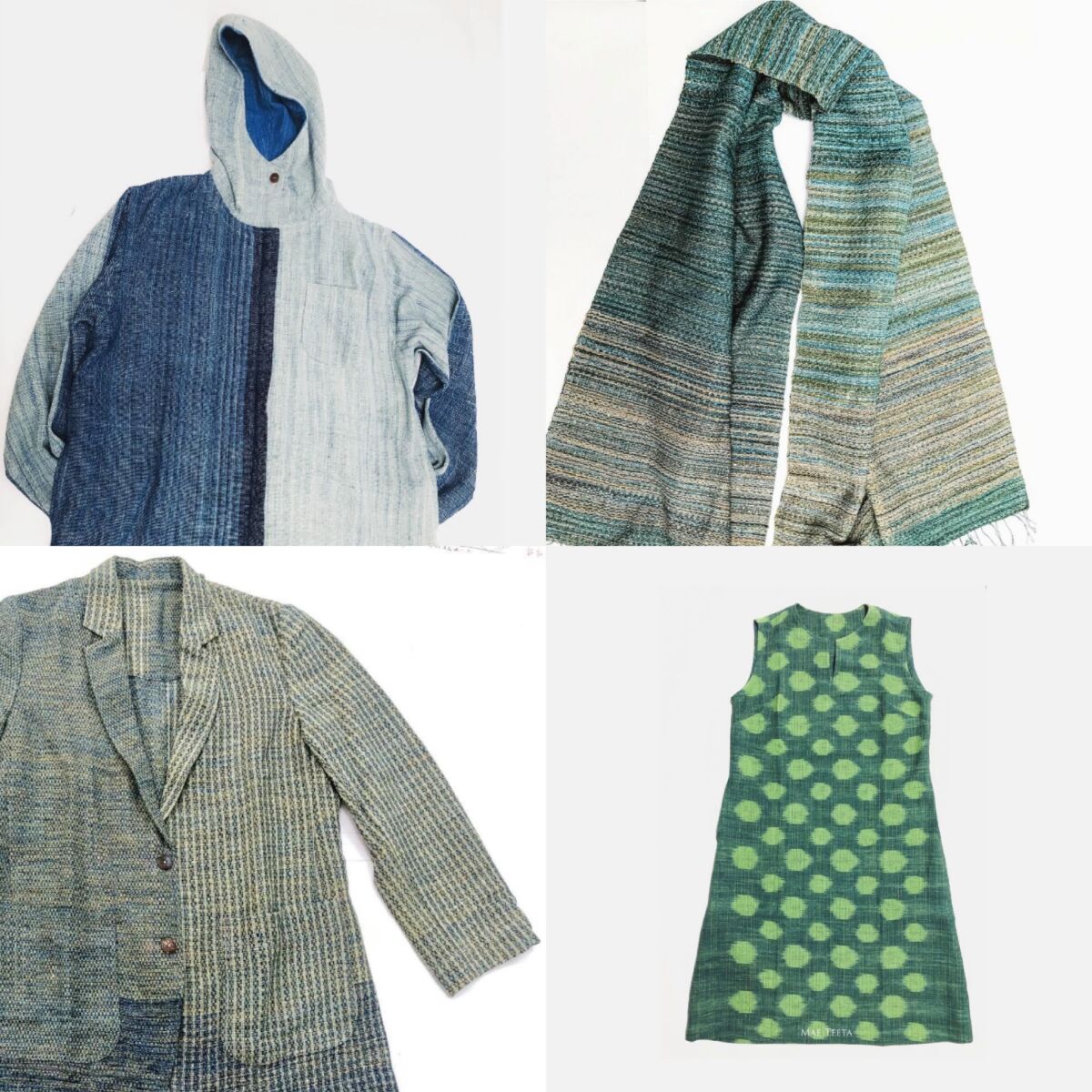
2) Maddy Hopper
This innovative brand creates and designs footwear made from repurposed plastic bottle material. Featuring artistic and contemporary designs, these essential sneakers are suitable for daily wear, seamlessly blending in with all types of clothing. Above all, the shoes’ exceptional comfort on the inside is truly what sets them apart. Beginning as an experimental project between the four co-founders, it stemmed from their interest in sustainability and desire to create a business that is environmentally conscious as possible.
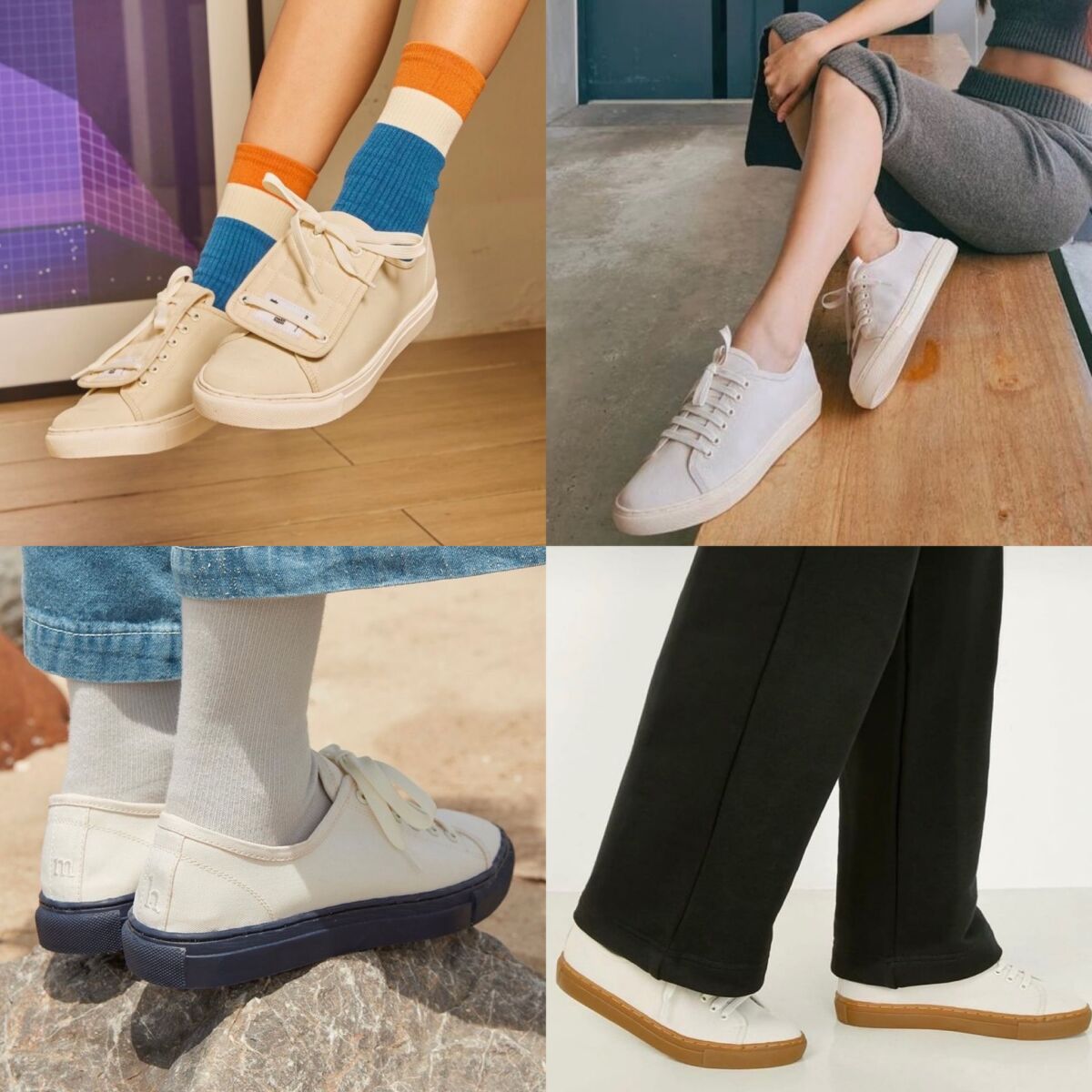
3) Mr. Leaf Thailand
Operating out of Chiang Mai, Mr. Leaf labels their merchandise as “green products” due to the utilisation of sustainable materials. Their products are crafted from teak leaves native to Thailand’s northern regions, chosen specifically due to its water resistant quality and tough texture. Selling bags and accessories made from “teak leaf leather” since 2004, Mr. Leaf’s products have been popular in overseas locations such as the United States.
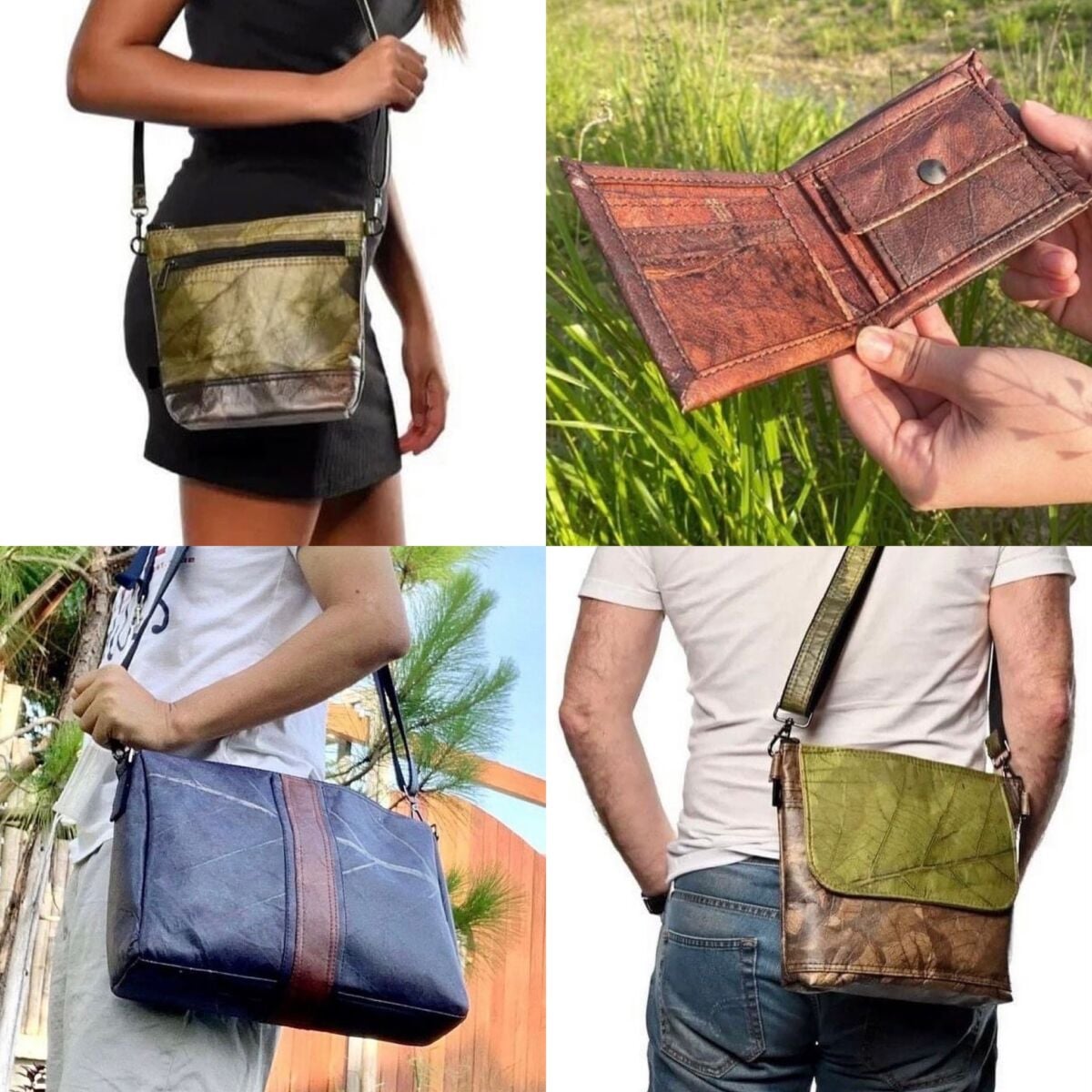
4) Madmatter Studio
Madmatter Studio is a casual lifestyle brand in Thailand that specialises in creating sleek and versatile lifestyle pieces using waste textiles. With a genuine passion for eco-friendly practices, the brand has mastered the art of transforming discarded fabrics into comfortable, elegant, and minimalist designs. The two co-founders were inspired by Thailand’s abundance of leftover fabrics, the huge environmental impact of the clothing industry’s waste, and their love for second-hand clothing. Initially starting with bags and hats, Madmatter underwent a significant rebranding and expanded into a sustainable clothing brand offering a diverse range of products that can be worn from head to toe.
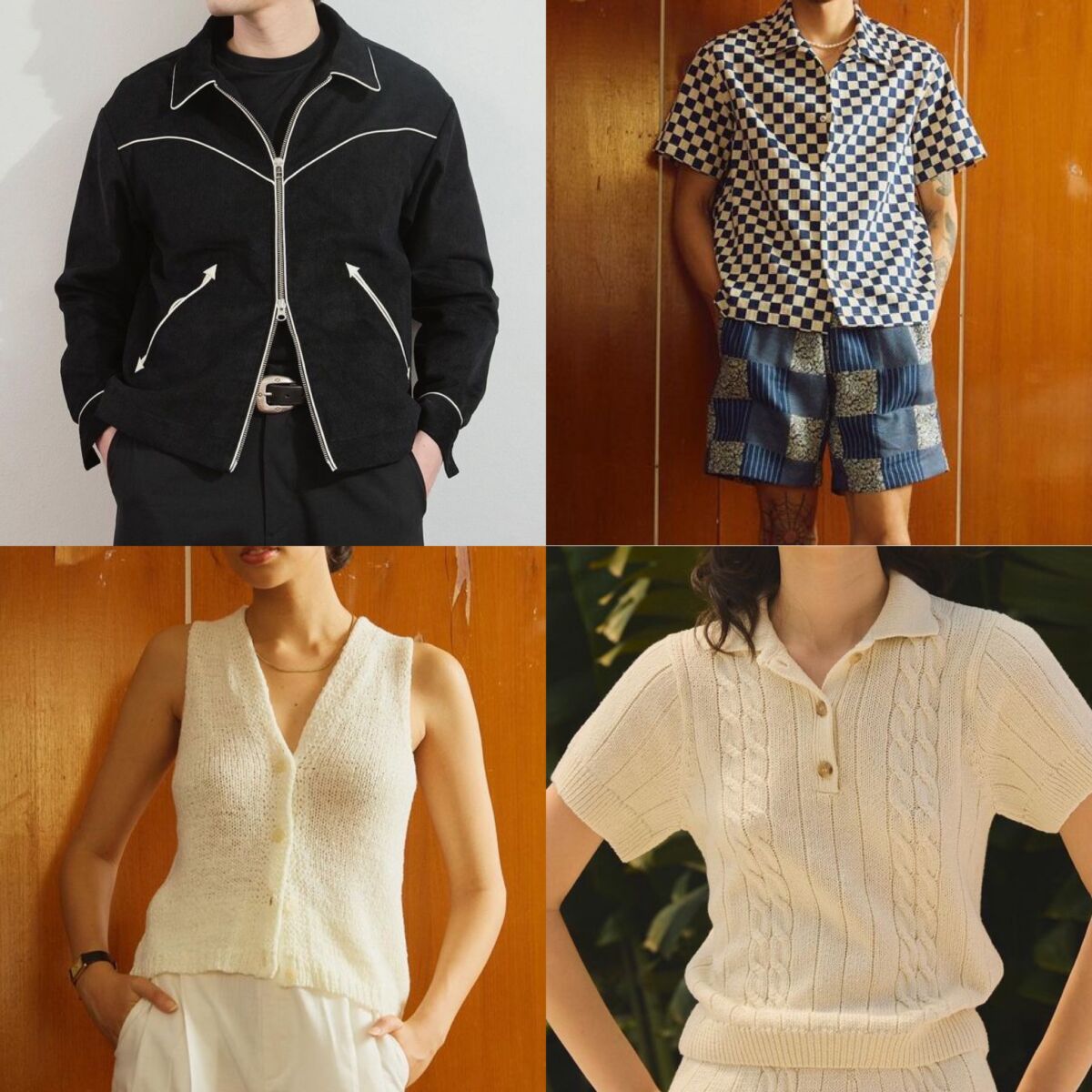
5) Sasi Knits
Custom-created apparel is an excellent business model for a fashion label to ensure waste reduction and a lower environmental footprint. Sasi and her team hand-knit personalised clothes in their studio, creating trendy, handcrafted clothes (mostly tops) for women. These knitwear items can be tailored to match your favourite street-food selection, with whimsical names based on various food dishes, such as ‘Onion’ or ‘Springroll.’
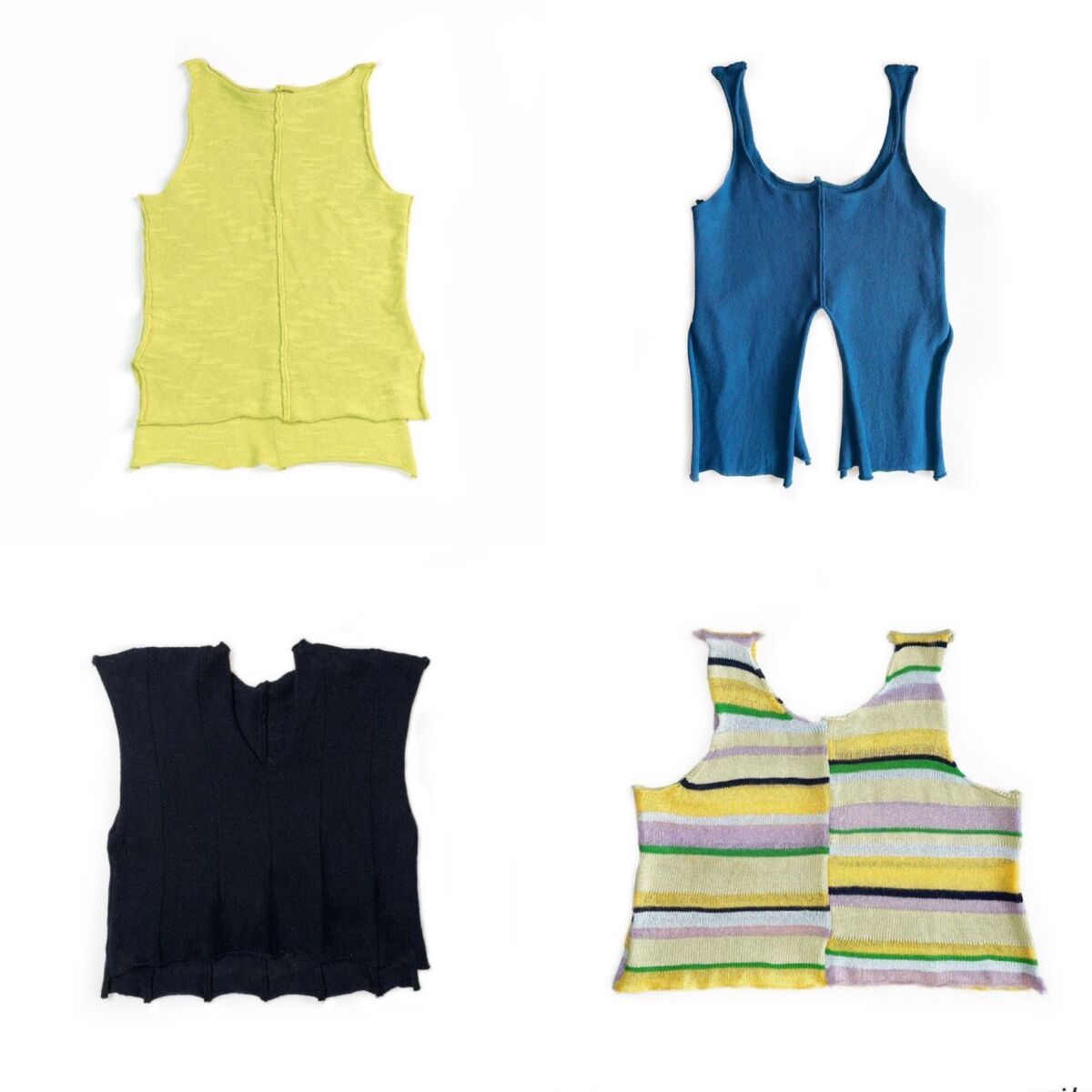
We, as buyers, must acknowledge our influence in determining the direction of the fashion world. As we continue embracing sustainable practices in all aspects of our lives, supporting these Thai eco-friendly brands marks an important step for both the fashion industry and individuals striving for a greener future.
Latest Thailand News
Follow The Thaiger on Google News:


























